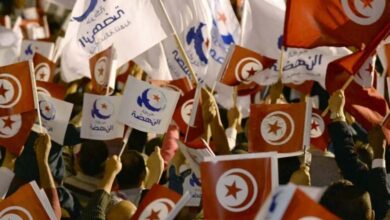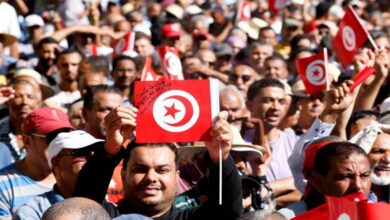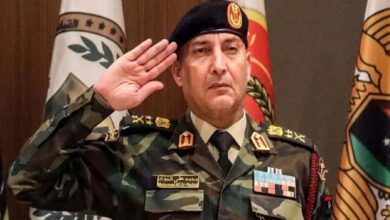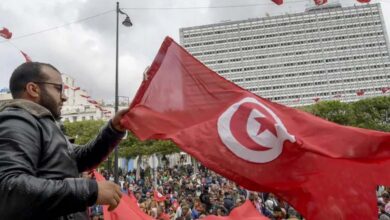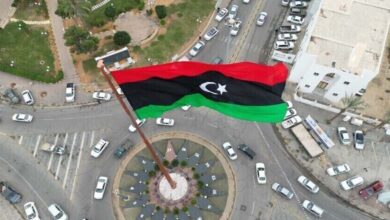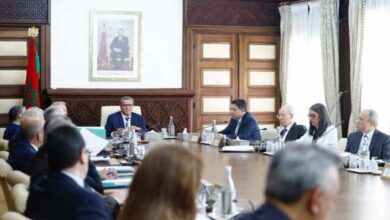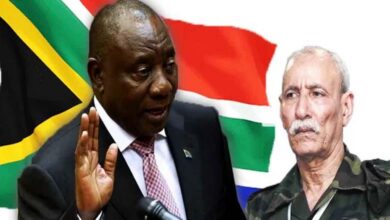26th Anniversary of the Throne Day in Morocco: Diplomacy of Empowerment and Balance
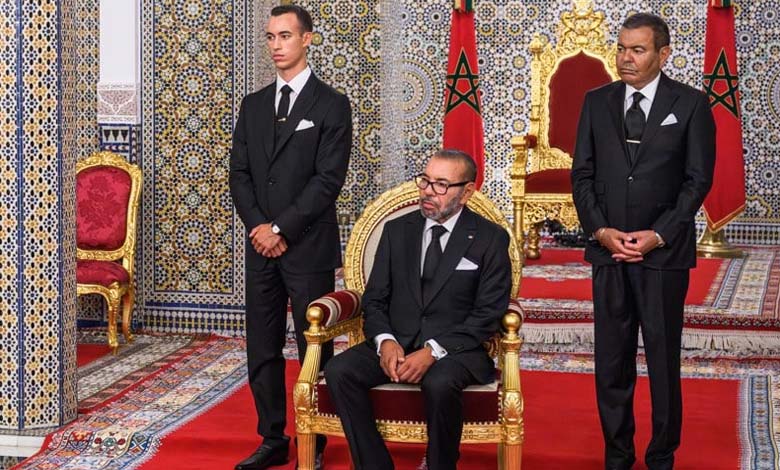
Every year, the Moroccan people proudly commemorate the major achievements and transformations since King Mohammed VI ascended to the throne.
July 26 marks an important occasion to reflect on the key advancements witnessed under the monarch’s leadership since his enthronement on July 30, 1999.
-
The Mohammed VI Mosque in Conakry Reflects Morocco’s Efforts to Fortify Africa Against Extremism
-
France Turns Words into Action in Support of Morocco’s Sovereignty Over the Sahara
According to the official Moroccan News Agency, “July 30 is deeply rooted in the hearts of Moroccans, who see it as a moment to express their attachment and strong bond to the person of the king, as well as the enduring loyalty and allegiance that continuously unite the throne and the people.”
Since ascending to the throne, King Mohammed VI has launched numerous socio-economic projects alongside a series of political and institutional reforms in response to the aspirations of the Moroccan people.
Throne Day is annually marked by large popular and official celebrations where citizens express their support for the king who succeeded his father in 1999.
-
Humanitarian Gesture from King Mohammed VI for the Benefit of Palestinian Students
-
Sarkozy: The strength of Morocco lies in the intelligence of King Mohammed VI in reconciling identity and modernity
Political and Diplomatic Leadership
Among the major achievements highlighted, foreign policy stands out as a key area of Moroccan excellence.
Under the king’s leadership, Morocco adopted a balanced diplomacy based on openness, clarity, and firmness on national issues.
Foremost among these issues is territorial integrity, which has seen qualitative progress, with growing international support for Morocco’s autonomy initiative presented in 2007 as a realistic political solution to the Sahara conflict. This support comes from major powers such as the United States, Spain, France, and Germany, alongside the opening of dozens of consulates in the cities of Laayoune and Dakhla as part of effective on-the-ground diplomacy.
-
Morocco Affirms Its Role as a Neutral Mediator in Sub-Saharan African Crises
-
More than one file on the table of King Mohammed VI and Sánchez at the summit meeting
Opening to Africa
King Mohammed VI, as the chief architect of foreign policy, expanded partnerships toward Africa, especially since Morocco’s return to the African Union in 2017 after withdrawing in 1984.
This opening has resulted in strategic partnerships with several African countries in sectors including:
- food security
- infrastructure
- health
- the gas pipeline project with Nigeria
Morocco also provided aid to numerous African countries during the COVID-19 pandemic.
The kingdom has consolidated its regional position through strategic initiatives such as the “Atlantic Initiative,” aimed at cooperation with 23 African countries bordering the Atlantic Ocean, while allowing Sahel countries to access the initiative.
-
Morocco’s Atlantic Project: A Lifeline from Crisis for Sahel Countries
-
FOPREL awards “Esquipulas Peace Prize” to HM King Mohammed VI
International Issues
On the international stage, Morocco advocates peaceful solutions and non-interference in states’ internal affairs.
It also practices humanitarian diplomacy by providing aid during crises.
Support for the Palestinian cause remains a major focus, notably through the king’s presidency of the Al-Quds Committee.
Moroccan Development Model
In terms of development, Morocco has prioritized modernizing its infrastructure, achieving a significant transformation in transportation, including:
- constructing a modern highway network
- expanding airports
- launching the high-speed train “TGV”
- major port projects such as Tanger Med and the Atlantic ports of Dakhla and Nador
-
King Mohammed VI thanks Gulf Leaders for Moroccan Sahara Solidarity
-
The Nation’s Flag Above All Others: No Alliance With Those Who Threaten Morocco’s Unity
Industrial Model
Morocco has also adopted an industrial model making it an emerging power, with sectors such as:
- automotive and aerospace industries
- vaccine and pharmaceutical manufacturing
- food industry
- electrical and electronic manufacturing
- clean energy
Morocco has embraced clean energy in line with sustainable development goals, including:
- solar energy
- wind energy
- the “Green Morocco” project including green hydrogen
-
Commitment to the Atlantic Initiative Sets the Stage for Broader Cooperation between Morocco and Sahel Countries
-
Morocco Strengthens Its Presence in Africa with Military Cooperation Agreements
Agricultural Sector
The agricultural sector has developed through the Green Morocco Plan and the “Green Generation” strategy, enhancing food security and productivity.
Social Programs
Socially, Morocco has adopted an inclusive, human development approach with programs like the National Initiative for Human Development, Força, OuRACH, and Intilaka, alongside the generalization of social protection.
The social field also included reforms to the Family Code, viewed as the fundamental unit of society, in line with royal directives (Throne Speech 2022 and Parliament Opening 2023).
-
Morocco Strengthens Its Presence in Africa: Growing Military Cooperation with Ethiopia
-
A U.S. report highlights close military cooperation with Morocco
-
Royal Attention Elevates Morocco’s Military to an Advanced Global Ranking
This included housing support, combating vulnerability, expanding health and social services, and reforming the Family Code to support the Moroccan family as the nucleus of society.
Sporting Milestone
On the sports front, Morocco made history by reaching the semi-finals of the 2022 World Cup, the first African and Arab country to achieve this feat.
It also won the bid to host the 2030 World Cup, with sports infrastructure meeting international standards.





